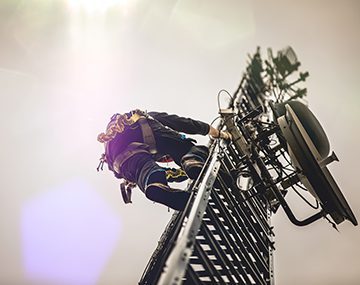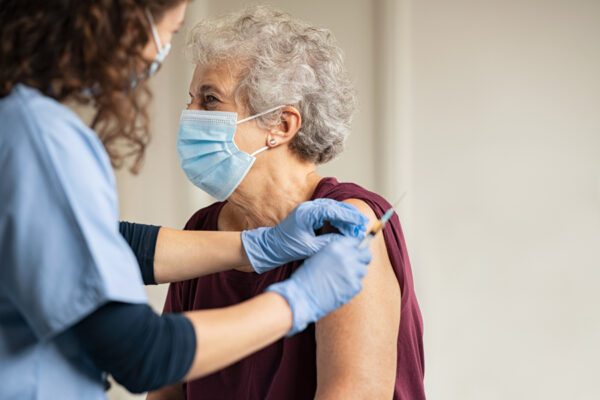Mostly everyone agrees that having a strong safety culture is the foundation of every industry-leading safety program. Keeping your employees safe should be a priority, and today, that’s more challenging than ever. Every industry has various exposures and risks associated with their everyday operations.
Culture
When it comes to businesses that focus on tower erection, telecom maintenance, tower climbing operations, the notion of safety culture is critically important. Safety starts from the top and expands down throughout the organization. Industry-leading companies develop and monitor safety culture carefully because they know how influential a culture of safety is to the success of their safety and risk management program. The vast majority of accidents and injuries result from unsafe behaviors, and the culture to which the employee is exposed can influence the safe or hazardous decisions the employee makes throughout the day.
With such severity of work, everyday operations should be accompanied with proper personal protective equipment (depending on the job), daily job safety analyses with fall protection inspections, an environmental safety and health program, and other training/courses which we touch on below.
Hiring
Every hire in your organization should be a seamless fit to keep the safety culture fluid through your company.
Have specific criteria included in your pre-employment hiring plan such as application, interviews, referrals, background test, motor vehicle report, drug screening, certification verification, and a pre-employment strength test. This type of work is a considerable risk for climbers or technicians given their exposure to heights and electrical currents. When looking at potential injuries, the overall severity of the injury is much higher than other forms of grounded work.
Training
Field workers require a high level of continuous training as general contractors and project managers will not award bids that can’t provide substantial safety measures or practices in place. You may wonder how a general contractor or project manager know if you have specific safety practices established. They utilize verification companies, such as ISNetworld, to screen this detail in your work practices. Besides the safety practices of your business and employees, OSHA and other safety regulators can levy costly fines for poor safety practices as well as in the event of an inspection or injury.
Certifications and courses are available for climbers and technicians entering the field, or who require continuous education. Examples of courses:
- Competent Climber/Competent Rescue certification
- RF Awareness Certification
- OSHA 10 completion
- First Aid / CPR certification
If certifications are expired or have not been obtained, hands-on training can be done by CITCA and online courses by ESystems before working on actual sites.
Safety = Cost Savings
As a rule, a safety-driven company will pay less for Workers’ Compensation and General Liability insurance than a company that experiences losses. With fewer injuries and claims, you lower your cost of insurance. On top of that, there’s the potential also to receive additional credits or insurance premium decreases by showing evidence of proper licensing, certification, safety manuals, training, return-to-work programs, employee screening, and testing measures, etc. Working with a telecom-focused insurance broker ensures you are leveraging your record of established safe operations/culture to get you the lowest insurance pricing available.
Safety is critical to driving down your cost, workload, and risk for better outcomes. Are you ready to define safety for your business?
Material posted on this website is for informational purposes only and does not constitute a legal opinion or medical advice. Contact your legal representative or medical professional for information specific to your legal or medical needs.



